The lawyers Arnold Roßberg and Uli Roeder, representatives of the accessory prosecution in the König trial, in front of a model of the Auschwitz-Birkenau concentration camp; photo: Documentation and Cultural Centre of German Sinti and Roma.
Clemency for the murderers – the Judiciary reviews Nazi crimes
Seeing that numerous high-ranking Nazis continued their careers in state authorities and in other important institutions after 1945, Oskar and Vinzenz Rose filed a complaint in July 1948: against the head of the Nazi Reich’s “Racial Hygiene Research Centre“ Robert Ritter, and against SS members of the “Zigeunerreferat“ (gypsy section) in the Reich Security Main Office (RSHA), including Josef Eichberger, Hans Maly, Wilhelm Supp and Leo Karsten, who had held similar posts in the RSHA to those of Adolf Eichmann and his department for the deportation of the Jews.
Paul Werner, an SS Oberführer who was a leading figure in the RSHA and one of the main perpetrators of the genocide, remained a ministerial advisor in the Baden-Württemberg Interior Ministry after 1949. The “Gypsy Section” was under Werner’s control for a number of years. The investigative proceedings against him were halted in 1963 by the Stuttgart State Prosecutor’s Office, with the justification that the matter related to “measures against the gypsy plague” and that this was “not racist according to the judgement of the Federal Court of Justice of 1956“. He had been accused of involvement in deportations and murder programmes.
The trial of the SS guard Ernst-August König, who had served in what was called the “Zigeunerlager” (gypsy camp) of the death camp of Auschwitz-Birkenau, was the first time that the genocide of the Sinti and Roma had been the subject of separate proceedings. The prosecution came about only after the Central Council of German Sinti and Roma pressed charges against König in 1985, thereby triggering renewed investigations. König was sentenced to life-long imprisonment by the Siegen Regional Court on 24 January 1991, on account of multiple murders. König was the only perpetrator convicted of murder. In all other cases, investigations were either not pursued or were pursued inadequately. Eventually the trials were halted with discriminatory justifications.
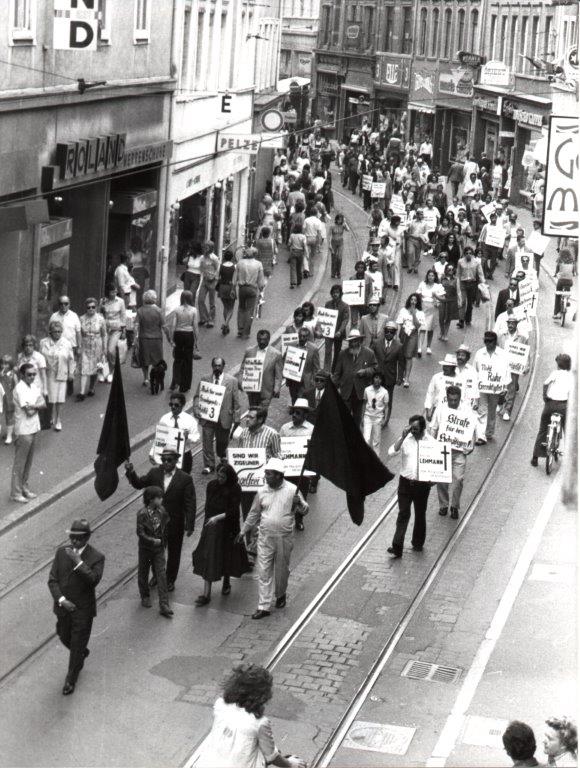
The early days of civil rights work of German Sinti and Roma
Exhibition “The long path to recognition of the Roma and Sinti Holocaust”
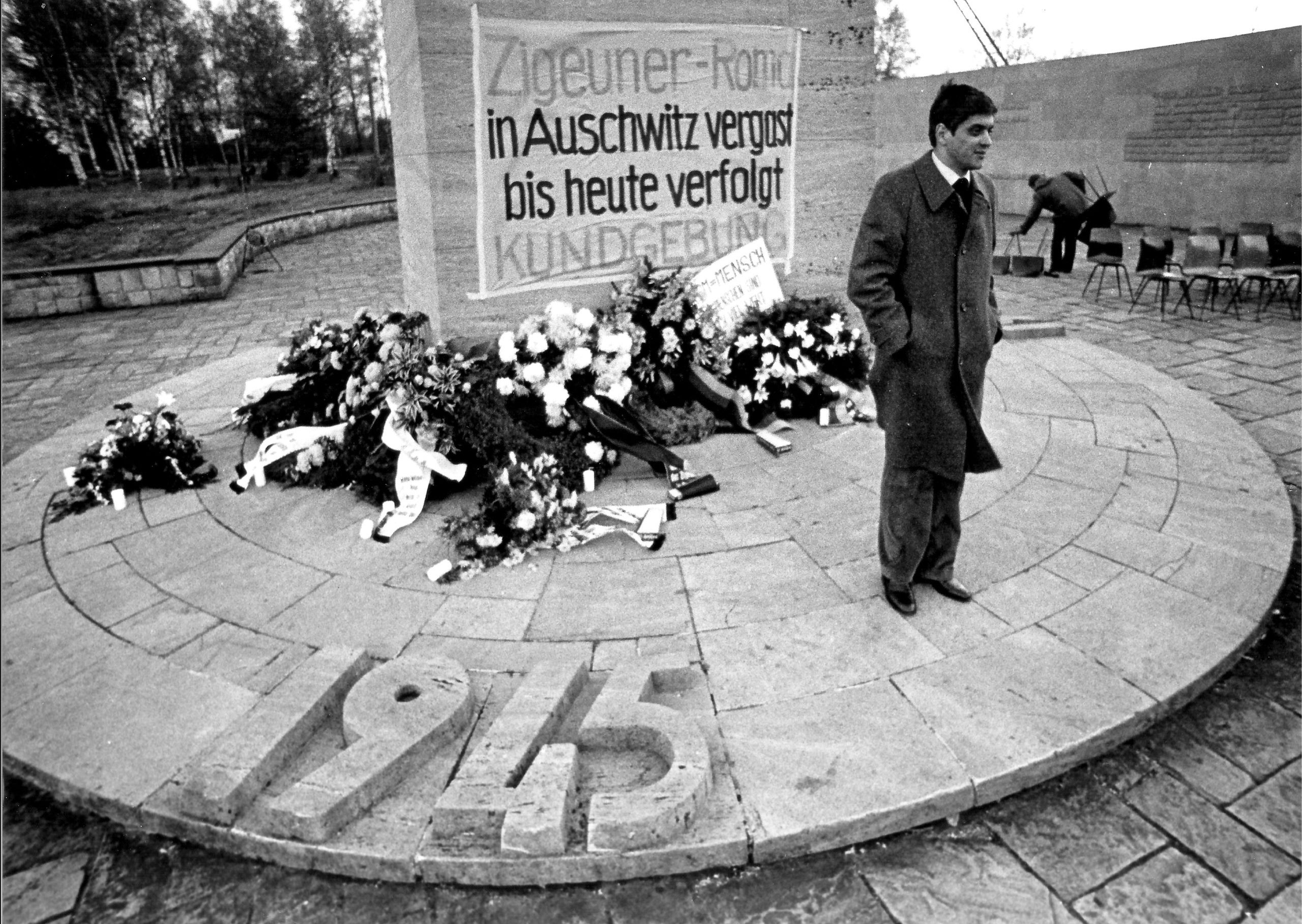
First public civil rights campaign against racism
Exhibition “The long path to recognition of the Roma and Sinti Holocaust”
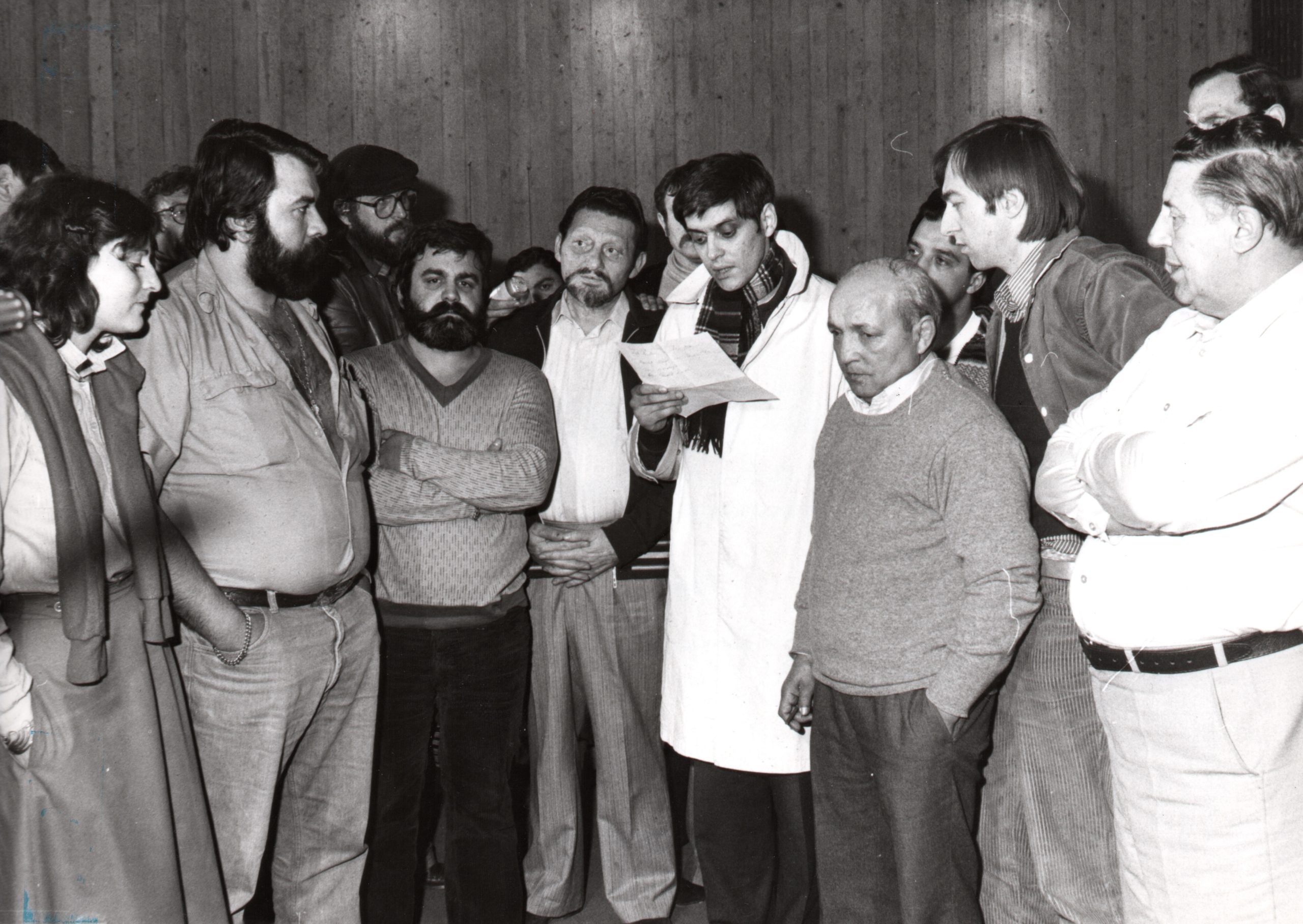
The hunger strike at the former concentration camp in Dachau
Exhibition “The long path to recognition of the Roma and Sinti Holocaust”
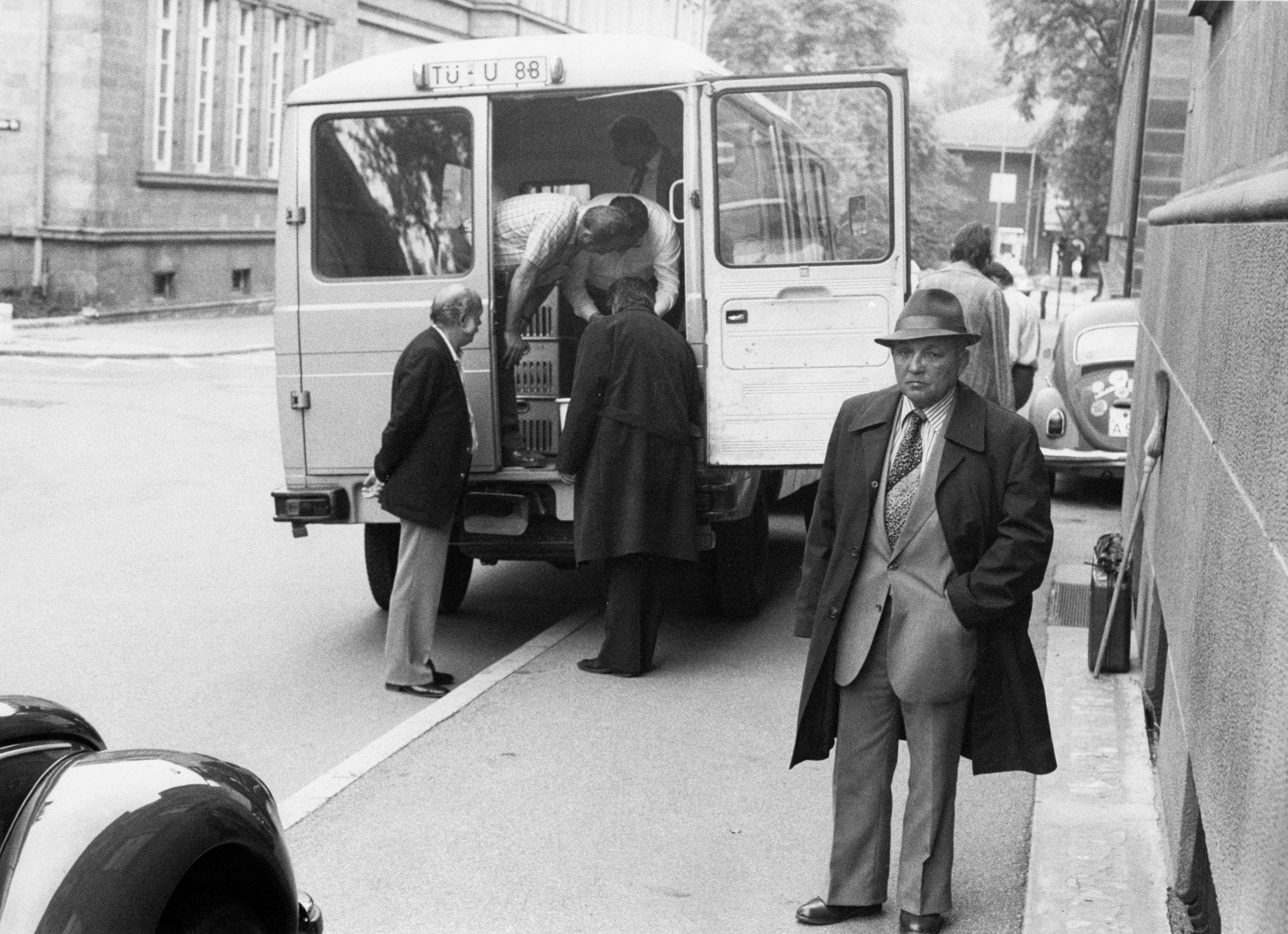
The search for the Nazi race files
Exhibition “The long path to recognition of the Roma and Sinti Holocaust”

The recognition of the Nazi genocide of the Sinti and Roma
Exhibition “The long path to recognition of the Roma and Sinti Holocaust”
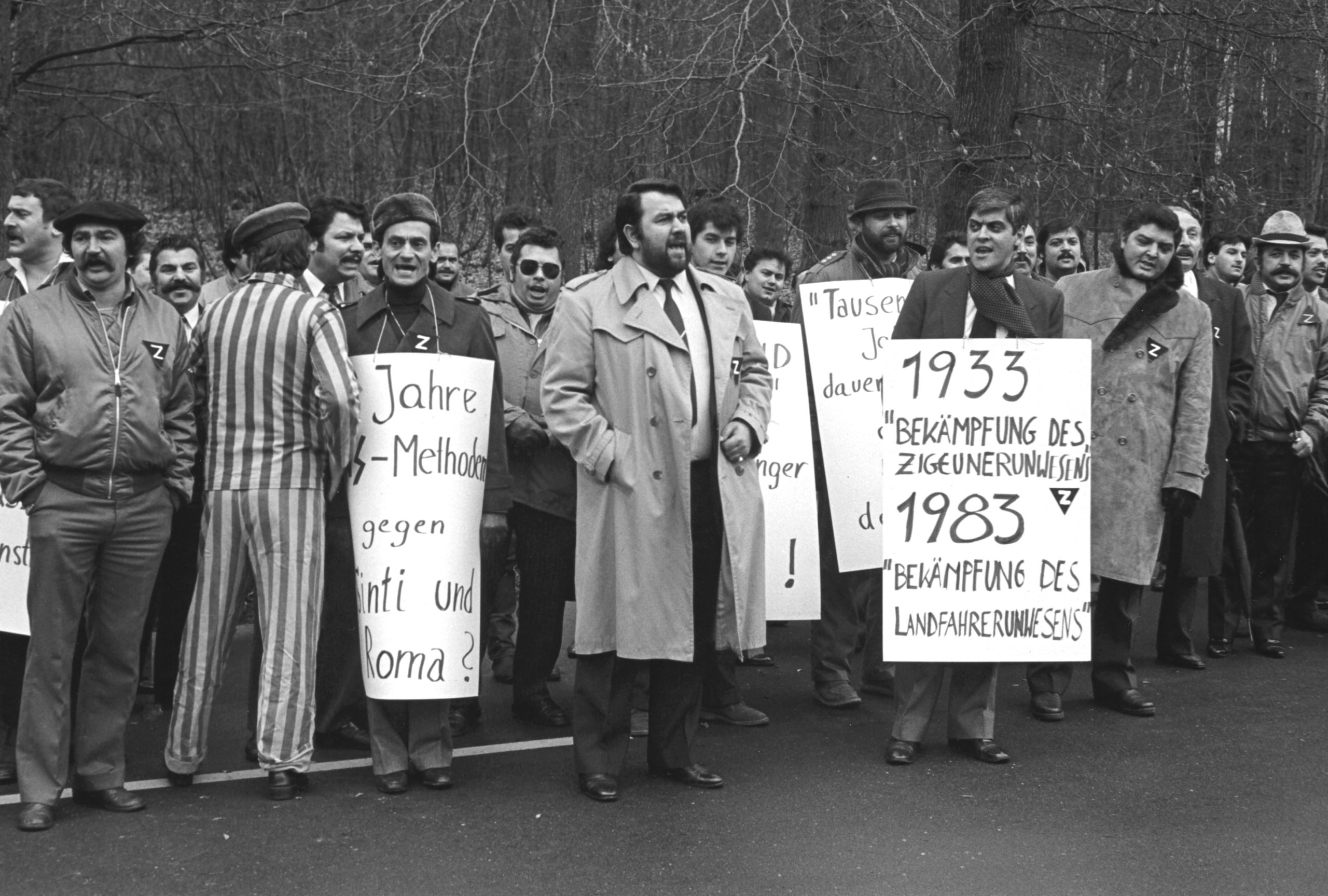
Protests against special registration by the police
Exhibition “The long path to recognition of the Roma and Sinti Holocaust”
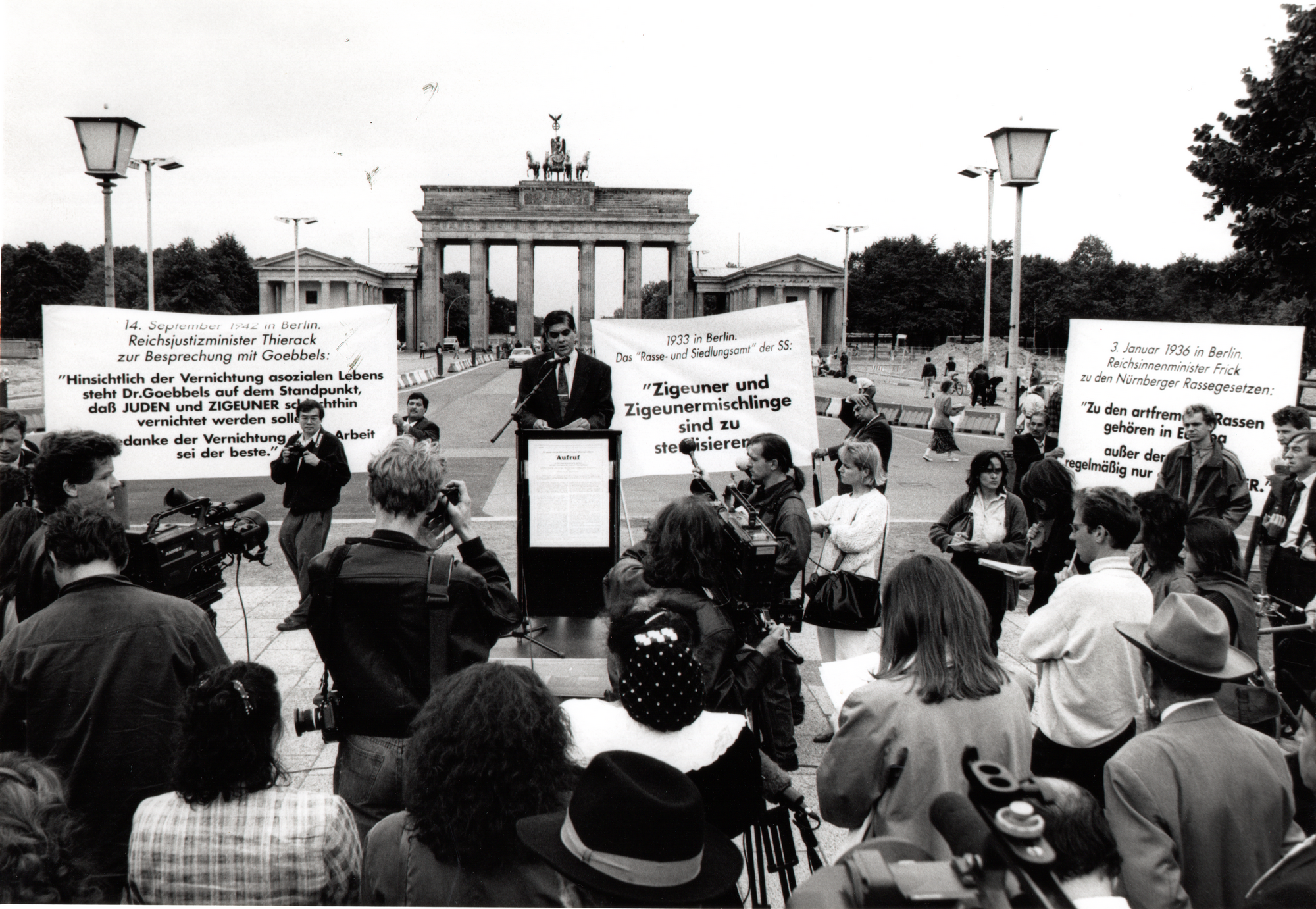
No appropriate compensation for Sinti and Roma persecuted by the Nazi regime
Exhibition “The long path to recognition of the Roma and Sinti Holocaust”
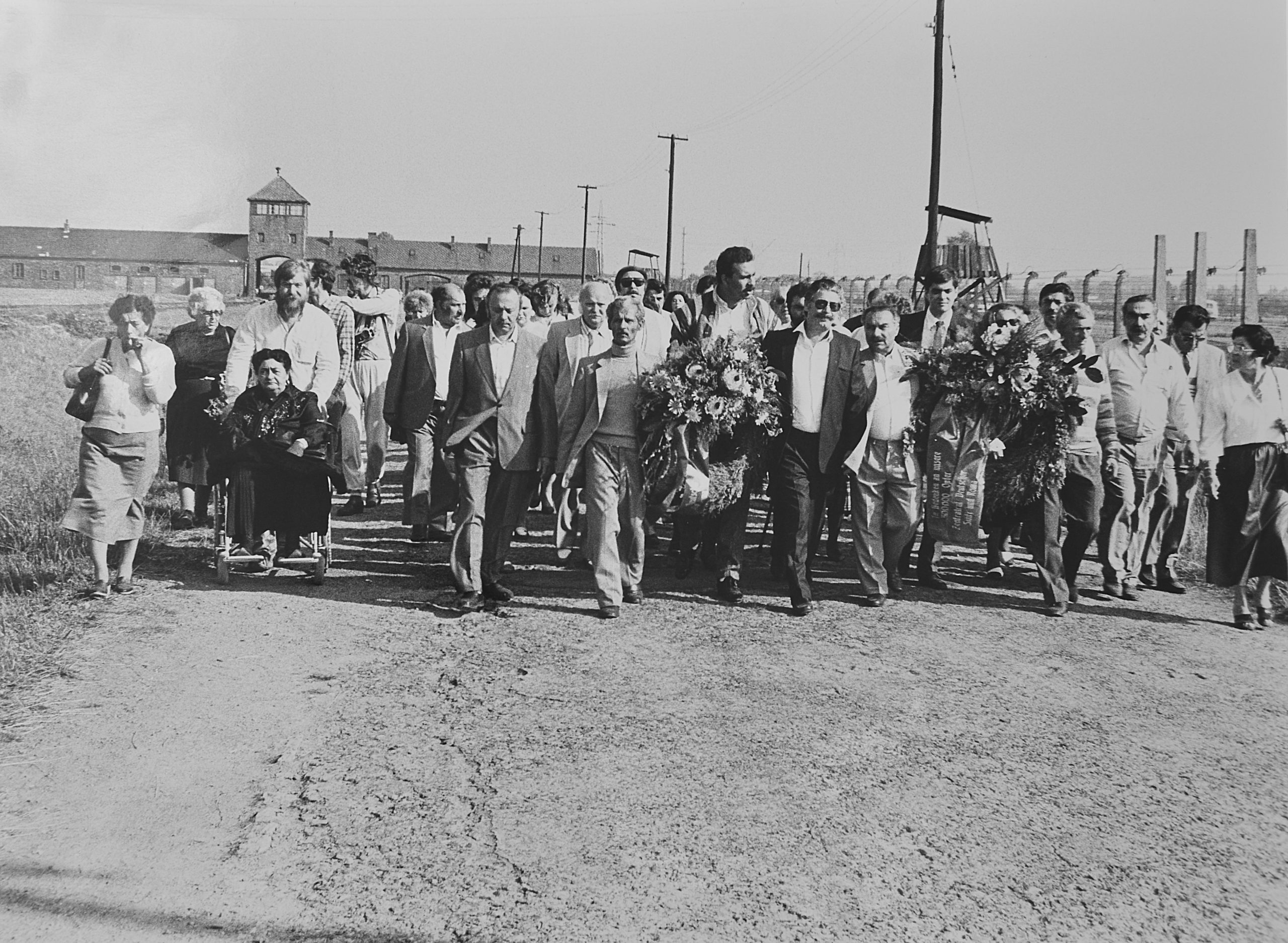
Remembrance in Auschwitz
Exhibition “The long path to recognition of the Roma and Sinti Holocaust”

The world’s first permanent exhibition on the Nazi genocide of the Sinti and Roma
Exhibition “The long path to recognition of the Roma and Sinti Holocaust”
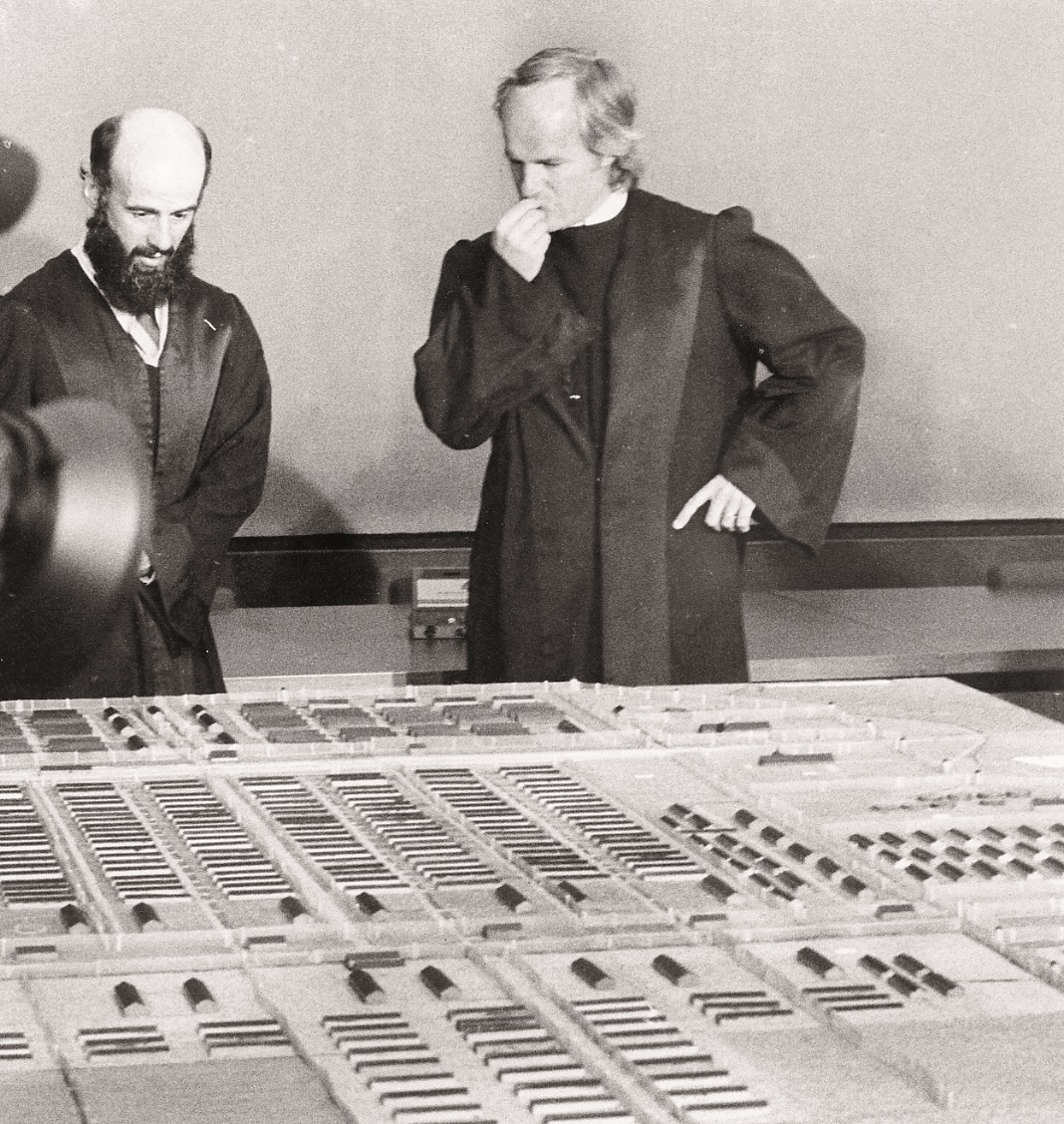
Clemency for the murderers – the Judiciary reviews Nazi crimes
Exhibition “The long path to recognition of the Roma and Sinti Holocaust”










